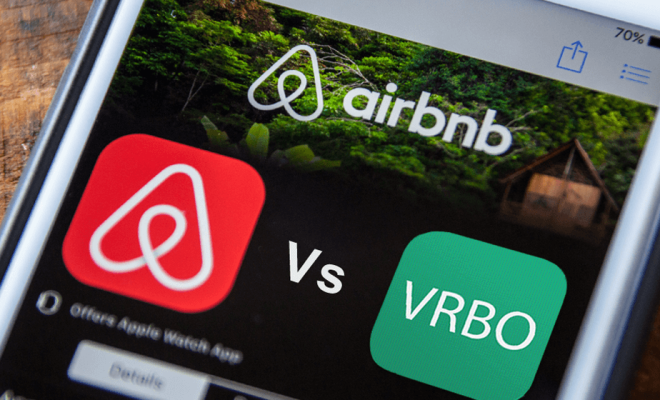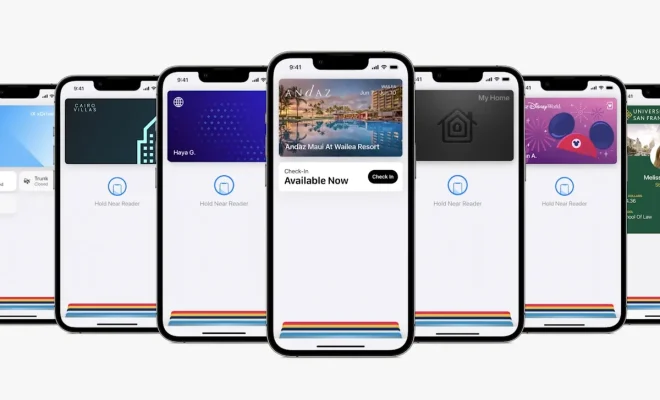Difference between Airbnb and Vrbo: Which vacation rental site is best for you?

Introduction:
Choosing the perfect vacation rental platform can seem daunting amid numerous options available. Two of the most prominent contenders in this realm are Airbnb and Vrbo. But, which one should you choose? In this article, we will discuss the main differences between these two platforms to help you decide which one is best suited for your needs.
Airbnb:
Launched in 2008, Airbnb quickly became one of the leading home-sharing platforms worldwide. It covers millions of listings—ranging from apartments, private rooms, homestays, and even unique accommodations like treehouses and yurts.
1) Property types and listings: Airbnb offers various property types such as entire homes, private rooms, shared rooms, and unique lodging. Besides, it provides accommodations like hostels or bed & breakfasts.
2) Fees: Property owners usually pay a 3%-5% service fee per booking made on Airbnb. Similarly, travelers pay a guest service fee ranging from 6% to 12% depending on the booking’s cost.
3) Cancellation Policies: Airbnb features relatively flexible cancellation policies. Hosts can choose from a range of policies such as Flexible, Moderate, Strict, Long-term stays, or Super Strict (with specific conditions).
4) Experiences: An added benefit of using Airbnb is its “Experiences” feature that allows guests to book local activities like tours or workshops offered by the hosts or locals directly through the platform.
Vrbo:
Vrbo (Vacation Rentals by Owner), established in 1995 caters to those looking for more traditional vacation properties like entire homes or apartments without venturing into shared accommodations.
1) Property types and listings: Vrbo primarily caters to larger groups seeking entire homes or condos ideal for family vacations. It generally doesn’t offer shared-room accommodations.
2) Fees: Property owners pay an annual subscription fee or a 5% booking fee per reservation. Additionally, guests pay a service fee of 6% to 12% based on the total booking cost.
3) Cancellation Policies: Vrbo’s cancellation policies are slightly less flexible compared to
Airbnb. Hosts can either offer “No Refund,” “Book with Confidence Guarantee Program,” “Refundable Damage Deposit,” or choose one of the five available policies.
4) Experiences: Unlike Airbnb, Vrbo does not offer an integrated experiences feature for booking local activities.
Conclusion:
When choosing between Airbnb and Vrbo, consider the type of accommodation you want and your preferences for booking fees or cancellation policies. If you’re open to various property types, including shared spaces and experiences with locals, Airbnb might be a better option. On the other hand, if you prefer entire homes or condos ideal for family vacations and appreciate a more traditional vacation rental platform, Vrbo may be more suitable.
Ultimately, the choice depends on your personal preferences and vacation rental needs. Take the time to understand each platform’s offerings, and you’ll likely discover which platform is best for you.






